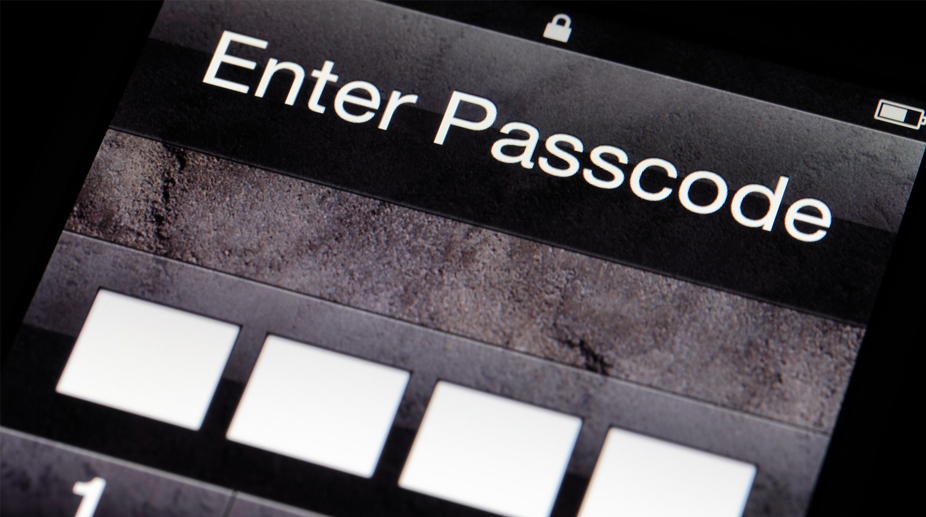British travellers to the US face the uncomfortable choice of handing over personal information, including social media passwords and mobile phone contacts, or running the risk of being denied entry to the country, under a new "extreme vetting" policy being considered by the Trump administration.
Tourists from Britain and other US allies, including Germany and France, could be forced to reveal personal data, as well as disclose financial information and face detailed ideological questioning, according to Trump administration officials quoted by the Wall Street Journal.
Advertisement
While US citizens have established rights against unlawful searches at the border, the extent to which foreign travellers can resist requests to hand over personal information is unclear, The Guardian reported.
"All international travellers arriving to the US are subject to US Customs and Border Protection (CBP) inspection," the Guardian quoted the US customs and border patrol as saying.
"This inspection may include electronic devices such as computers, disks, drives, tapes, mobile phones and other communication devices, cameras, music and other media players and any other electronic or digital devices."
"Keeping America safe and enforcing our nation's laws in an increasingly digital world depends on our ability to lawfully examine all materials entering the US," it added.
Meanwhile, Britain's Foreign Office declined to provide any advice to British travellers, referring the Guardian only to its general foreign travel advice page for the US, which contains no information on digital privacy at the border.











